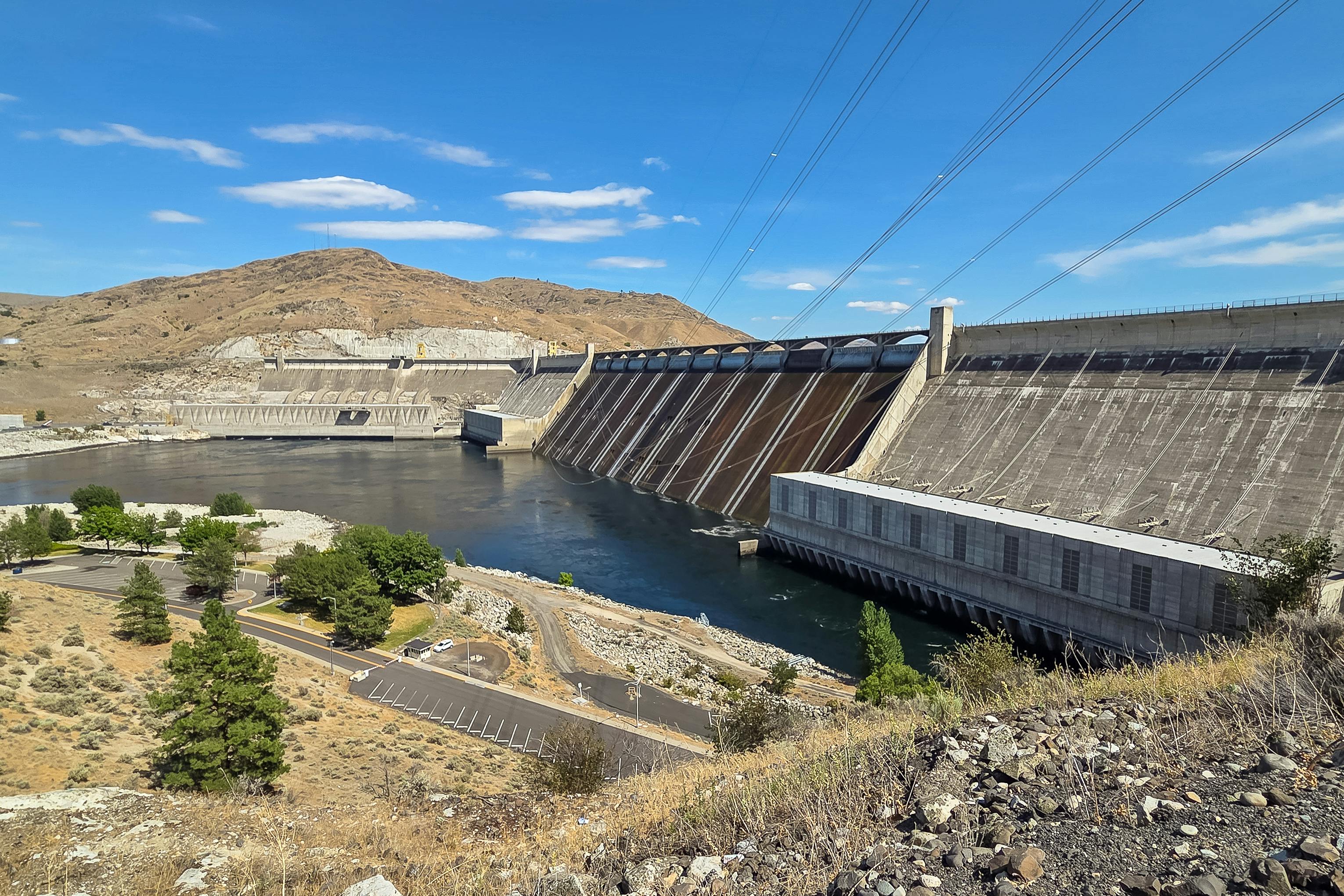Program Kelas Khusus Internasional Teknik Lingkungan
About EESP
Environmental Engineering Study Program (EESP) was opened in 2006 under the authorization of DIKTI with number 16/D/T/2006 on January 3rd.
Vision
To become a center of excellence in environmental engineering science and technology that plays a significant role in the global market.
Mission
– To produce graduates with strong foundations in civil and environmental engineering, equipped with internationally recognized competencies.
– To actively contribute through research and community engagement focused on developing environmental infrastructure and technology that promotes harmony between humans and nature.
– To Develop students to have leadership skills, independence, sociable, communicative, and upholds professional ethics.
Career Prospects Peluang Memajukan Bangsa
- Environmental Consultant
Graduates can work as environmental consultants, providing expert advice on managing and minimizing environmental impacts such as water and air pollution, waste management, and natural resource conservation. - Environmental Supervisor or Manager in Industry
Responsible for monitoring, analyzing, and evaluating the environmental impacts of industrial activities to ensure compliance with environmental standards and regulations. - Government Sector
Graduates can work in various governmental departments, both technical and non-technical, dealing with natural resource management, urban planning, and disaster management. - Non-Governmental Organizations (NGOs)
Opportunities exist to work with NGOs focusing on environmental issues such as climate change, conservation, and environmental advocacy.


- Education and Training
Graduates may pursue careers in universities, research institutions, or educational centers, conducting studies on environmental issues and providing training or capacity-building programs in the environmental field. - Regional Planning and Development
Involved in planning and developing projects that consider environmental impacts and sustainability principles. - Environmental Auditor
Conduct environmental audits to assess an organization’s or company’s compliance with environmental regulations and standards. - Entrepreneurship
Graduates can establish their own businesses in the environmental sector, developing and marketing environmentally friendly products or innovations based on research.
EESP Specification and Graduate Profile
EESP UI is focusing on:
• Wastewater and solid waste management
• Provision of drinking water
• Drainage and sewerage system
• Environmental sanitation
• Water resource management
• Control air pollution
• Pollution prevention
• Environmental impact assessment
Thus, Environmental Engineering bachelor graduate will have a career in planning, design, implementation, and control of environmental engineering system with the environment and socio-economic consideration.
Environmental Engineering bachelor graduate with ethics, professionalism, preparedness to pursue higher education and developed his/her skill to answer the dynamics of the environmental engineering field.

Expected Learning Outcome Mencapai Hasil Melalui Pembelajaran yang Efektif
- Able to link (C4) mathematics, science, and basic engineering sciences and environmental engineering specializations to be used in solving complex environmental engineering problems (Engineering Knowledge)
- Able to detail (C5) the solution of complex environmental engineering problems and able to select environmental engineering systems/components/processes according to the requirement by considering the sustainability of these solutions in legal, economic, environmental, social, political, health, safety, and sustainability reviews and to recognize and/or utilize the potential of local and national resources with a global perspective (Design and Sustainability)
- Able to conduct (C4) investigation/experiments of complex environmental engineering problems using basic knowledge and research methodologies; starting from experiment design, data analysis and interpretation, and synthesis of information obtained to achieve valid conclusions (Investigation and Experimentation)
- Able to analyze (C4) complex environmental engineering problems using the basic principles of mathematics, science, and engineering science in order to obtain reliable conclusions
- Able to use (C3) engineering aids and modern IT tools related to complex environmental engineering problems
- Able to specify (C5) effective oral and written communication methods
- Apply (C3) the principles of engineering management and decision making on the basis of economic consideration in personal and team work alongside with project management
- Able to demonstrate (C3) an effective role as an individual, as a member, or as a leader in a multidisciplinary and multi-cultural group
- Able to apply (C3) professional ethics accountably and responsibly in the field of environmental engineering
- Able to do (C3) lifelong self-learning
Bachelor Degree of Environmental Engineering
- Designed for 8 Semesters, four years program
- Minimum 144 credits, with 131 compulsory credits and 13 elective credits course, including:
- 31 credits of Basic Science courses
- 103 credits of Engineering and Technology courses
- 10 credits of General Education courses
Accreditation
Coursework Mapping and Transfer Mechanism
• Second year (UI): Providing essential assistance to students in preparing transfer requirements for their designated university destinations.
• Third year (Partner University): Students enrolled in the international class program attend the lectures at Partner University
• Fourth year (Partner University): Students are anticipated to return to UI to handle the necessary paperwork pertaining to their graduation. The structured execution of the program during semesters 5-8 is designed to streamline the process, ensuring that international class program students can achieve timely graduation.














